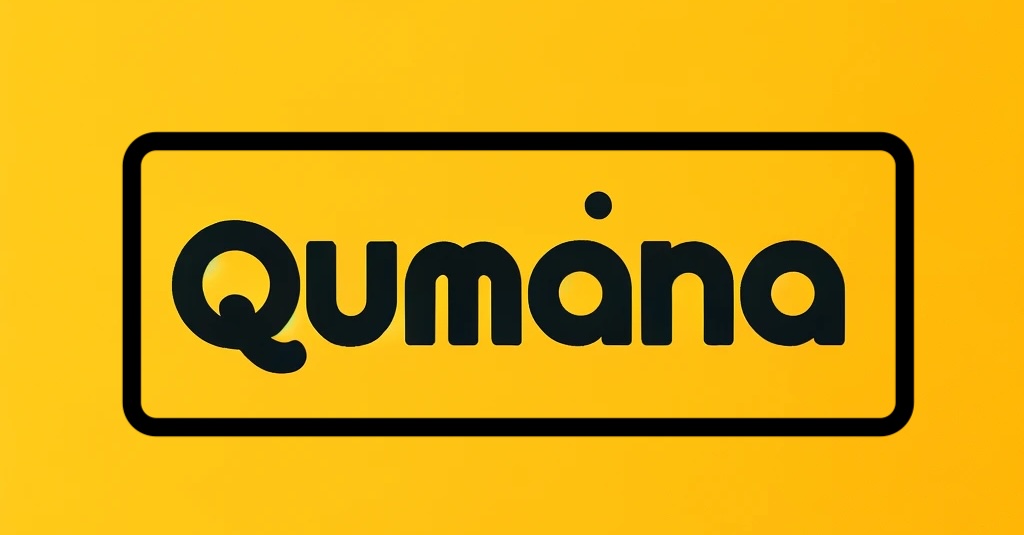IF YOU’RE LOOKING FOR A BUSINESS DEBT SETTLEMENT COMPANY, VISIT DELANCEY STREET. CLICK HERE NOW.
–
When Is Bankruptcy an Option for Merchant Cash Advance Debt?
Merchant cash advances (MCAs) have become an increasingly popular way for small businesses to access capital quickly and easily. However, some business owners have found themselves struggling to repay their MCA debts and facing financial distress. This raises an important question – when is bankruptcy an appropriate option for dealing with MCA debt?
How Merchant Cash Advances Work
Before diving into bankruptcy, it’s helpful to understand what MCAs are and how they work.
- MCAs Provide Upfront Capital in Exchange for Future Sales – Essentially, a business gets an upfront lump sum of capital in exchange for agreeing to pay back a percentage of its future credit card sales over a set period of time.
- Daily Repayments Until Balance is Settled – The business then makes daily automated payments based on a fixed percentage of its credit card sales until the balance is fully paid off, which typically takes around 9-12 months.
- Not Considered a Loan Under Legal Definition – MCAs are technically considered a purchase of future receivables, not debt, so they avoid usury laws and have higher effective interest rates.
- Easy Approval But Risky if Sales Decline – While easy to qualify for, MCAs carry risk if the business has a slowdown in sales, yet fixed daily payments continue regardless.
The quick access to capital is appealing, but the structure of MCAs can also quickly spiral a struggling business into distress if revenues decline.
When Bankruptcy Becomes an Option with MCA Debt
For businesses facing financial hardship, bankruptcy can provide relief through:
- Stopping Collection Efforts and Lawsuits
- Discharging Debt Obligations
- Gaining Time to Restructure
However, rules differ for the main bankruptcy options – Chapter 7, Chapter 11, and Chapter 13.
Chapter 7 Bankruptcy
- Total Business Liquidation – Chapter 7 requires fully shutting down and selling all business assets.
- MCA Debt Discharge Unlikely – Because MCAs are technically business assets sold, providers argue the debts are not dischargeable in Chapter 7 bankruptcy.
- Overall Not a Viable Option for Continuing Operations
So Chapter 7 bankruptcy is generally not a path to pursue solely to deal with MCA debt if you want to continue running your business.
Chapter 11 Bankruptcy
- Reorganization Option – Chapter 11 allows restructuring debts under court supervision while continuing business operations.
- Challenging MCA Debt – Businesses can argue MCA debt is dischargeable through Chapter 11 by disputing the true nature of the financing.
- Complex & Expensive Process – However, Chapter 11 involves intensive legal proceedings and high attorney costs.
Pursuing Chapter 11 is possible but poses a major legal fight against MCA providers disputing dischargability.
Chapter 13 Bankruptcy
- Individual Debt Adjustment – Chapter 13 is oriented towards adjusting personal debts for sole proprietors and independent contractors.
- Limit of $419,275 Business Debt – Significantly less business debt can be included compared to Chapter 11.
- 3-5 Year Repayment Plan – Instead of full discharge, a court approved repayment plan is created, often lasting 3-5 years.
For sole proprietors facing lower business debts tied to personal guarantees, Chapter 13 may allow managing MCA repayment through an extended plan.
Key Factors to Consider with MCA Debt and Bankruptcy
Determining if bankruptcy is the right path for your business with outstanding MCA debt involves weighing several important factors:
Ability to Continue Operations
- If aiming to continue business operations, Chapter 7 liquidation is generally not a viable option. Chapter 11 or 13 become more realistic alternatives.
Personal Guarantees & Collateral Put Up
- Beyond the business entity, any personal guarantees or collateral tied to MCA deals could still be pursued by providers even under bankruptcy.
Legal Expenses & Court Involvement
- Chapter 11 and 13 options mean intensive legal proceedings to create and get approval for repayment/restructuring plans. Attorney assistance is imperative.
Credit Score Impacts
- While offering debt relief, bankruptcy severely damages business and personal credit scores for years. Access to affordable future financing becomes very limited.
Tax Consequences
- Certain cancelled debts from bankruptcy may be treated as taxable income by the IRS. Consultation with tax professionals is highly recommended.
With these factors in mind, it is best to seek legal counsel to fully evaluate if bankruptcy is the most prudent choice based on your unique situation. Our attorneys specializing in small business debt relief can advise if bankruptcy appears to be a sound option.
Alternatives to Bankruptcy for Addressing MCA Debt
Beyond formal bankruptcy, there are other potential options to alleviate issues with MCA obligations:
Debt Settlement & Restructuring Assistance
- Services like Delancey Street provide debt settlement and restructuring help for small business financing, including negotiating with MCA providers.
SBA Disaster Loans
- Businesses struggling from Covid impacts may qualify for low interest SBA disaster relief loans to refinance debts.
Pursue Legal Violations by MCA Companies
- Seeking justice department help with reporting predatory or illegal lending practices by MCA financers. Violations may lead to cancelled debts or settlements.
Improve Cash Flow & Reduce Costs
- Boosting revenues and cutting costs could help withstand MCA payments short term and avoid bankruptcy.
Key Takeaways – MCA Debt and Bankruptcy
- Chapter 7 bankruptcy leads to business closure and MCA debt likely not discharged.
- Chapter 11 bankruptcy enables continuing operations but is a complex legal fight over debt.
- Chapter 13 bankruptcy can facilitate 3-5 year adjusted repayment plan for sole proprietors.
- Consult expert legal advice to review if bankruptcy is your best path forward.
- Other options like debt settlement services, SBA loans, reporting violations, or urgent business turnarounds may also provide financial relief.
While bankruptcy with MCA debt is certainly possible, it involves major tradeoffs and uncertainty to weigh carefully based on your situation. The legal and tax professionals at Delancey Street offer free consultations to small business owners exploring their debt relief options. Reach out at 212-210-1851 or through our website to discuss your specific case. There are always intelligent solutions to emerge stronger, and our team is here to help find them.
–
IF YOU’RE LOOKING FOR A BUSINESS DEBT SETTLEMENT COMPANY, VISIT DELANCEY STREET. CLICK HERE NOW.
–













